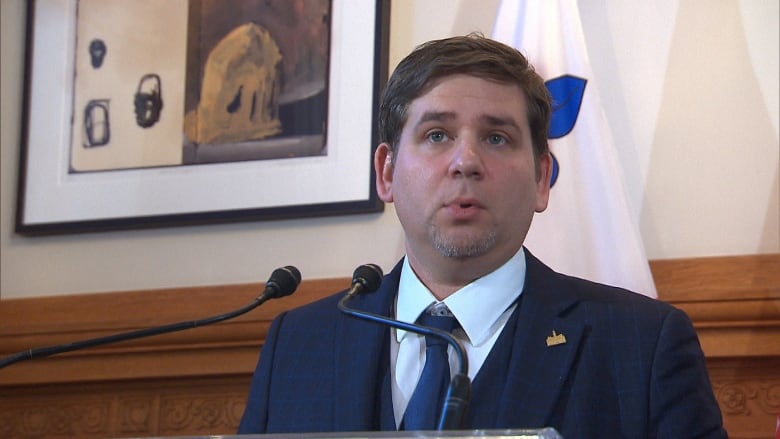Montreal invests $235M to improve drinking water network in Lachine, Dorval
Project to take 10 years to complete but expected to save $5M annually

The City of Montreal said Tuesday it will invest $235 million to improve the drinking water network on the western part of the island of Montreal.
The plan is to close water filtration plants in Dorval and Lachine and connect the water network in those communities to larger plants in Pointe-Claire and LaSalle.
Of the six filtration plants in use on the island, the two in Dorval and Lachine are the smallest and the least efficient.
"We want to first reduce the average cost of producing fresh water in Montreal but also increase the water flexibility to those two sections of the island," said Coun. Sylvain Ouellet, the executive committee member in charge of water infrastructure.
The project is expected to take 10 years to complete but will eventually save the city $5 million annually.
The plants in Dorval and Lachine will continue to operate in the interim, while the city builds 23 kilometres of new water pipes to connect Lachine's network to the LaSalle plant and Dorval's network to the larger plant in Pointe-Claire.
Once the new pipes are built, the plants in Lachine and Dorval will close for good.
Ouellet says the work won't have any effect on the supply or quality of the water, in the meantime.
Necessary decision, expert says
The city's water infrastructure — including reservoirs, water mains and treatment plants — "urgently needs major investments," according to Montreal's 2018 budget documents.
Mayor Valérie Plante's decision to put more money into that infrastructure was a necessary one, according to Sarah Dorner, who holds the Canada Research Chair in source water protection.
For years, she said, the state of the crumbling pipes was largely ignored.
The looming construction costs have resulted in an increase in the water tax, which in turn contributed to a much-criticized average 3.3 per cent jump in the tax rate for homeowners.
With files from Steve Rukavina